Deloitte launches Zero Trust Access for enterprises
The managed security service protects applications regardless of their location or type

Deloitte has launched Zero Trust Access to help enterprises better secure communications between users, devices, and business applications from any location.
The managed service features a cloud-native approach and builds on device-level secure microcontainer technology. The solution is inherently scalable, resilient, agile, and secure, according to Deloitte.
Notably, Zero Trust Access helps businesses administer least privilege through dynamic access control to enterprise assets. With its ephemeral connectivity, conditional access and continuous authorization, the solution presents as a better alternative to high-expenditure remote access solutions.
“The Zero Trust concept commits to removing implicit trust within an information technology (IT) ecosystem and replacing it with a risk-based approach to accessing organizational resources across identities, workloads, data, networks and devices. This trend is gaining momentum, given legacy approaches to security architecture are no longer suitable to secure the ubiquitous nature of the modern enterprise,” explained Deloitte.
"As perimeter-based approaches are no longer suitable to secure the modern enterprise, many organizations are working to enhance protection for their IT ecosystems via zero trust," said Andrew Rafla, Deloitte Risk & Financial Advisory's zero trust offering leader and principal, Deloitte & Touche LLP.
"Zero Trust Access was built as a turnkey managed service helping ourselves and our clients accelerate adoption of this transformative security framework. Our goal was to create a cost-effective solution that can be delivered standalone or complementary to a broader ecosystem and ultimately help decrease the burden on IT and security teams who likely need to manage multiple heterogeneous solutions to achieve similar outcomes," added Rafla.
Sign up today and you will receive a free copy of our Future Focus 2025 report - the leading guidance on AI, cybersecurity and other IT challenges as per 700+ senior executives
-
 The modern workplace: Standardizing collaboration for the enterprise IT leader
The modern workplace: Standardizing collaboration for the enterprise IT leaderHow Barco ClickShare Hub is redefining the meeting room
-
 Interim CISA chief uploaded sensitive documents to a public version of ChatGPT
Interim CISA chief uploaded sensitive documents to a public version of ChatGPTNews The incident at CISA raises yet more concerns about the rise of ‘shadow AI’ and data protection risks
-
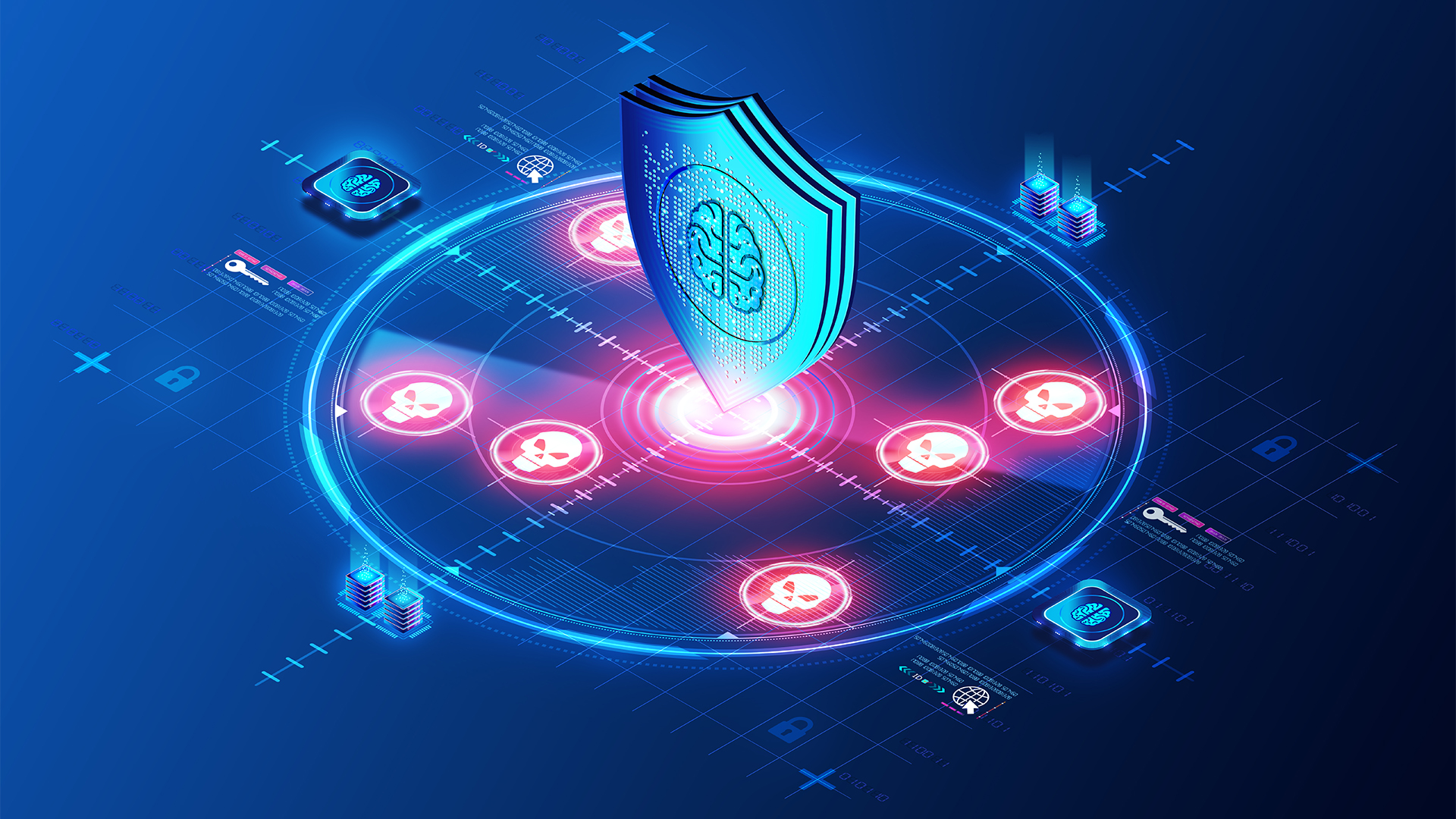 Fears over “AI model collapse” are fueling a shift to zero trust data governance strategies
Fears over “AI model collapse” are fueling a shift to zero trust data governance strategiesNews Gartner warns of "model collapse" as AI-generated data proliferates – and says organizations need to beware
-
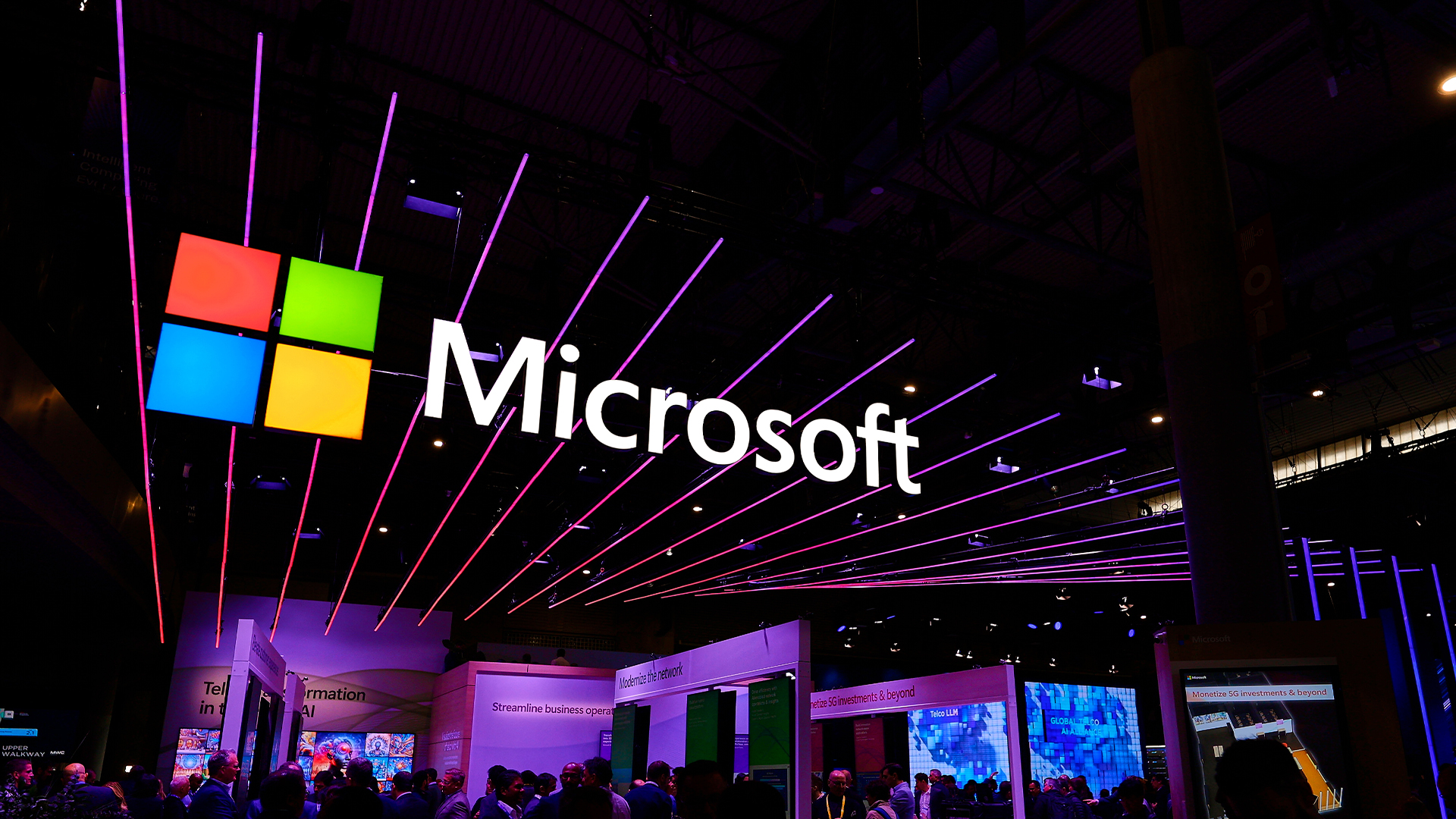 Microsoft opens up Entra Agent ID preview with new AI features
Microsoft opens up Entra Agent ID preview with new AI featuresNews Microsoft Entra Agent ID aims to help manage influx of AI agents using existing tools
-
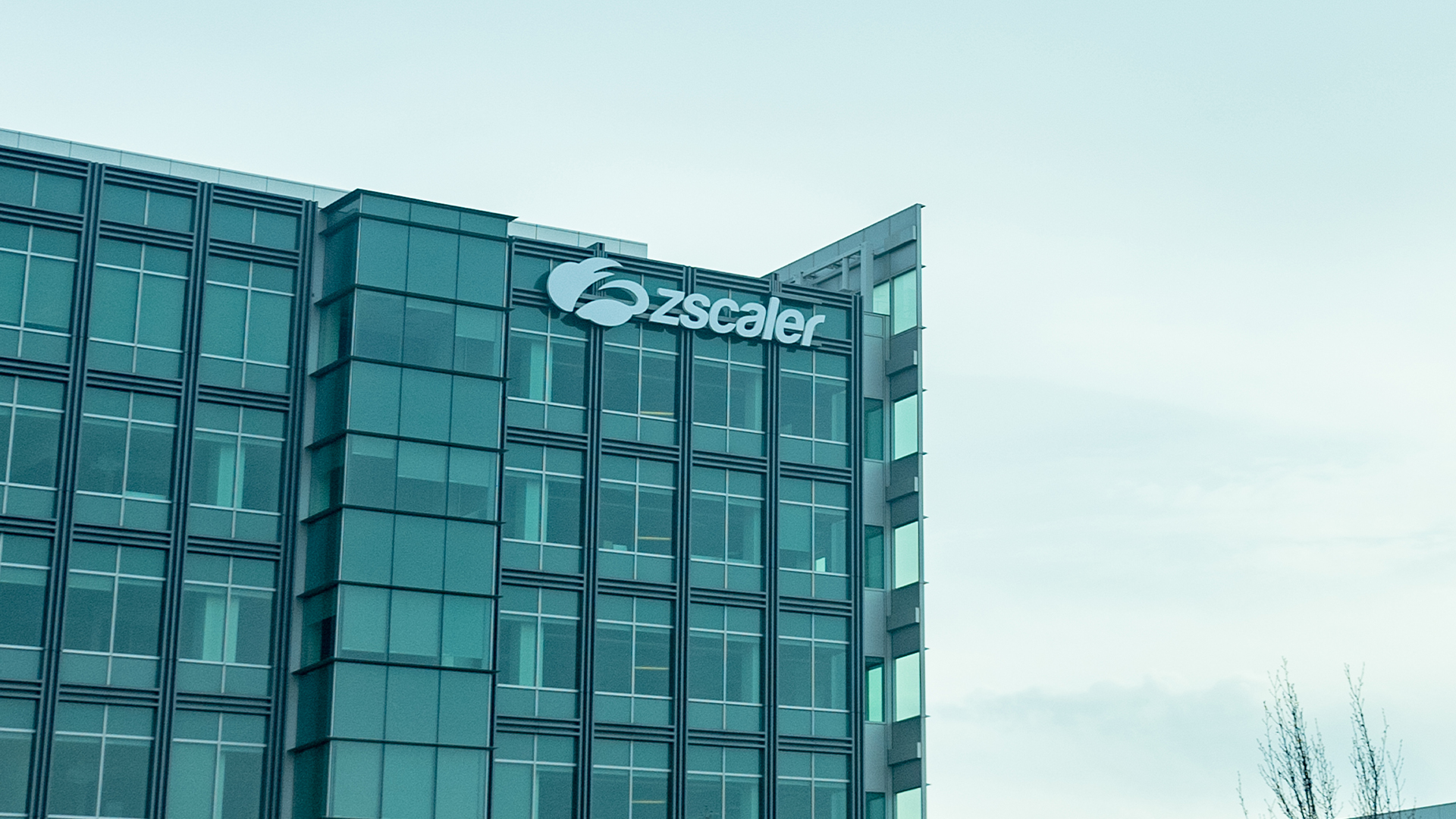 Research shows the financial benefits of implementing zero trust
Research shows the financial benefits of implementing zero trustNews With zero trust shown to drastically reduce the number of cyber incidents, insurers are catching on and lowering premiums
-
 Microsoft ramps up zero trust capabilities amid agentic AI push
Microsoft ramps up zero trust capabilities amid agentic AI pushNews The move from Microsoft looks to bolster agent security and prevent misuse
-
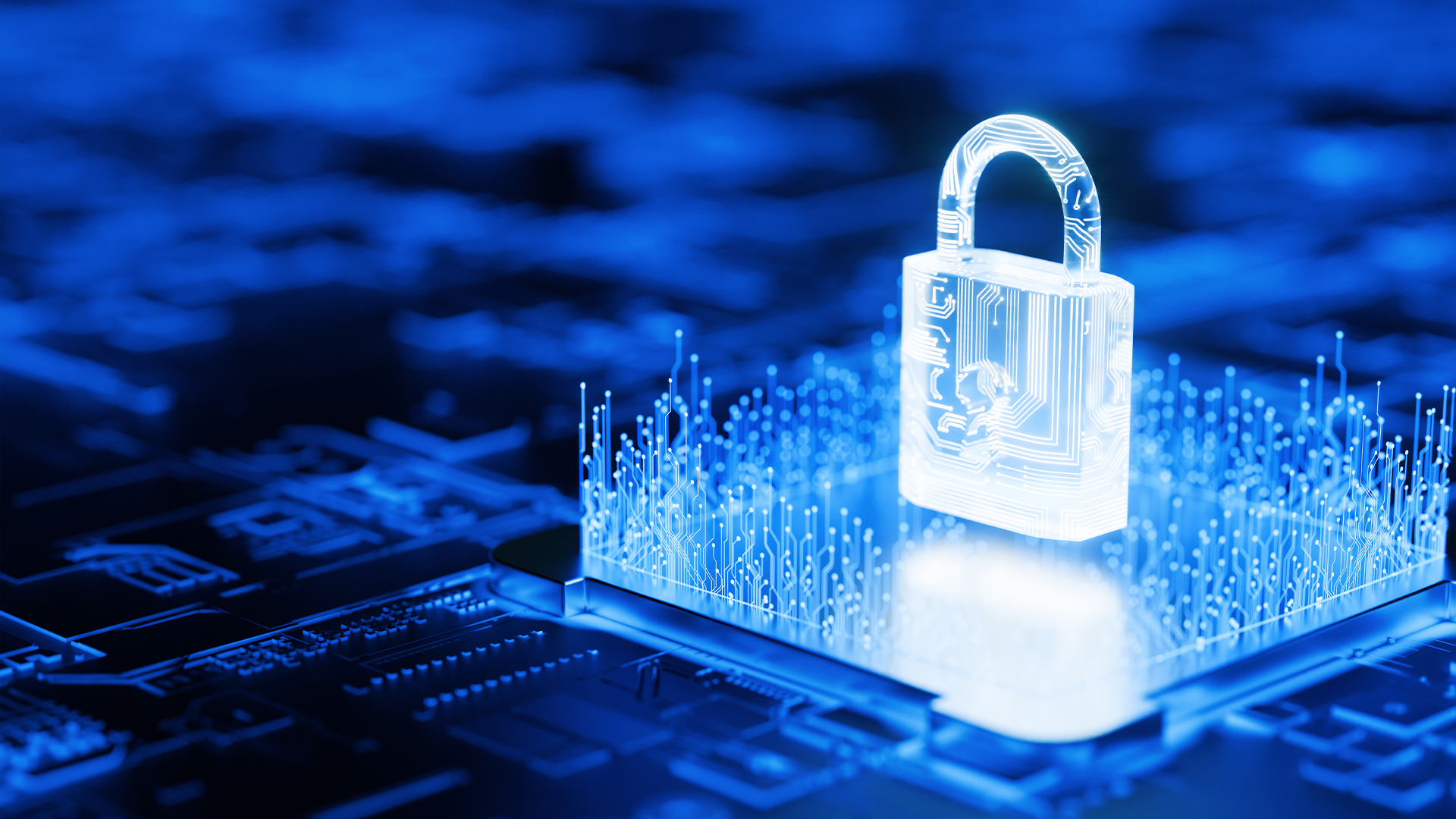 Zero trust gains momentum amid growing network visibility challenges
Zero trust gains momentum amid growing network visibility challengesNews Organizations are looking to automation, orchestration, and risk mitigation as key security priorities
-
 Billions of IoT devices will need to be secured in the next four years – zero trust could be the key to success
Billions of IoT devices will need to be secured in the next four years – zero trust could be the key to successNews Researchers have warned more than 28 billion IoT devices will need to be secured by 2028 as attacks on connected devices surge.
-
 Cognizant and Zscaler expand partnership to launch new AI-powered zero trust security tools
Cognizant and Zscaler expand partnership to launch new AI-powered zero trust security toolsNews The pair’s expanded partnership aims to help customers simplify their security setups while tackling evolving cyber threats
-
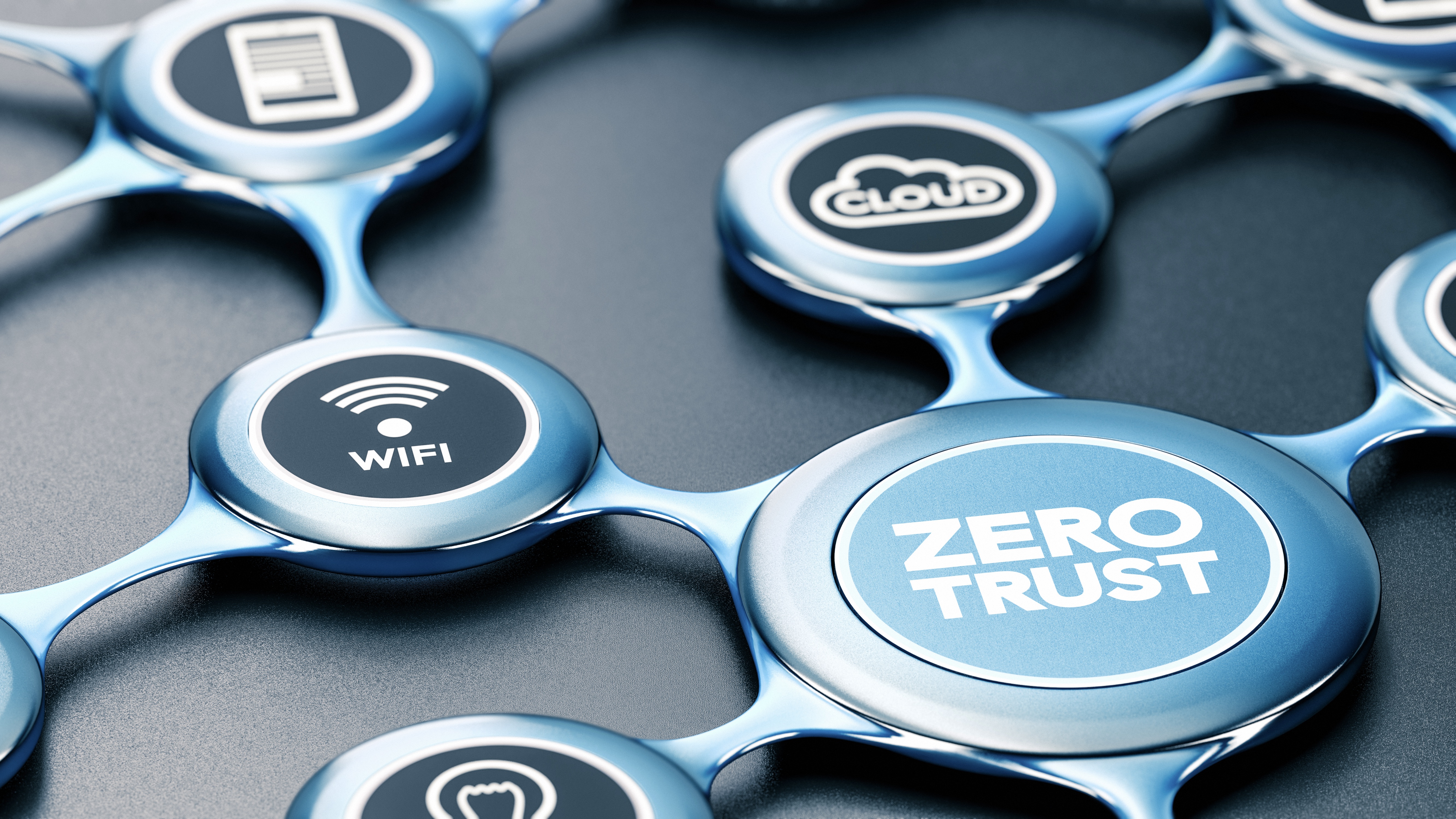 The evolution of SASE and its importance in zero trust
The evolution of SASE and its importance in zero trustSupported Content SASE has been an increasingly important security framework for five years – but integrating zero trust is crucial to its success